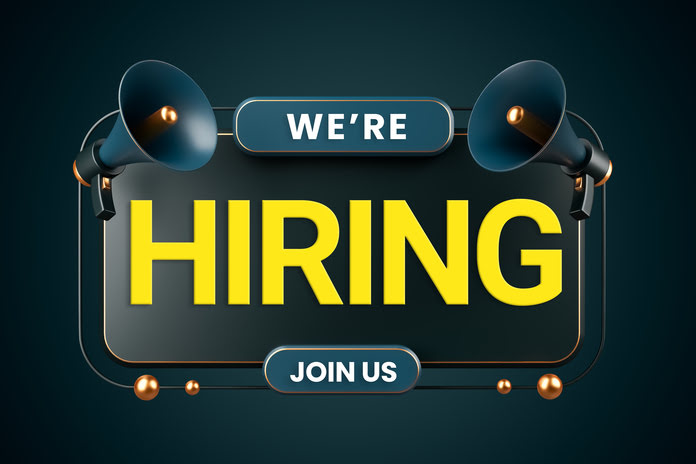In April, the nation’s employers dialed back their hiring efforts but still managed to add a respectable 175,000 jobs, indicating that persistently high interest rates might be starting to affect the robust U.S. job market.
According to Friday’s government report, last month’s job gains saw a significant decline from the impressive increase of 315,000 in March and fell short of economists’ predictions of a 233,000 gain for April.
The moderation in hiring pace, coupled with a slowdown in wage growth, is likely to be viewed positively by the Federal Reserve, which has maintained high interest rates to combat elevated inflation levels. Hourly wages saw a modest 0.2% increase from March and a 3.9% rise from a year earlier, marking the smallest annual gain since June 2021.
The Fed has deferred any consideration of interest rate cuts until it gains more confidence in inflation’s steady decline toward its 2% target. Rate cuts by the central bank would gradually lower borrowing costs for mortgages, auto loans, and other consumer and business loans.
Following the release of the jobs report, stock prices surged, and bond yields dropped, indicating growing optimism that rate cuts might become more likely in the coming months.
Rubeela Farooqi, chief U.S. economist at High Frequency Economics, stated, “A slowdown in payrolls to a decent pace to start the second quarter, coupled with a slowing in wage gains, will be welcome news to (the Fed’s) policymakers.” She added, “Current readings also support the view that rate cuts – and not hikes – are the base case scenario for the Fed this year.”
The state of the economy is becoming increasingly important as the November presidential campaign heats up. Despite the robust job market, Americans continue to express frustration over high prices, with many attributing blame to President Joe Biden.
Although April saw a slowdown in hiring, job growth remained solid, marking the lowest monthly gain since October. Many employers have continued hiring to meet the steady demand from households, which have maintained consistent spending patterns.
Despite the unemployment rate ticking up from 3.8% to 3.9% in April, it marks the 27th consecutive month with the rate remaining below 4%, tying the longest such streak since the 1960s.
Michael Pugliese, senior economist at Wells Fargo, noted, “Certainly a cooler jobs report than we’ve seen. But it’s not like it was disastrous: 175,000 is still pretty strong, and unemployment below 4% is still pretty healthy.” He anticipates hiring, which averaged a robust 242,000 from February through April, to continue decelerating.
The healthcare sector led last month’s hiring with an addition of 56,000 jobs, followed by warehouse and transportation companies with 22,000 jobs, and retailers with 20,000 jobs. However, government hiring slowed down significantly, with just 8,000 jobs added in April, the lowest monthly total since December 2022.
Temporary help jobs also saw a decline of over 16,000, often considered an indicator of future job market trends as companies typically test temps before offering full-time positions.
The report also highlighted that the share of the adult population either working or actively seeking employment remained unchanged at 62.7%, still below pre-pandemic levels.
Despite economists’ expectations of a recession due to aggressive rate hikes by the Fed, the job market has proven to be more resilient than anticipated. The Fed’s series of rate hikes raised its benchmark rate to the highest level since 2001, effectively cooling inflation from a peak of 9.1% in June 2022 to 3.5% in March.
However, inflation has remained above the Fed’s 2% target, indicating persistent economic challenges. The job market has shown signs of slowing, with job openings falling in March to 8.5 million, the lowest level in over three years. Yet, this still represents a significant number of vacancies compared to pre-2021 levels.
Consumer inflation has remained elevated, with the year-over-year inflation rate for March standing at 3.5%, well above the Fed’s target.
Steven Kramer, CEO of WorkJam, observed a decrease in pressure to raise wages but noted an increasing focus on offering flexibility in shifts for workers juggling multiple jobs amid stubborn inflation.
Onur Kutlubay, CEO of You Parcel, highlighted challenges in finding skilled workers and noted a preference for jobs offering flexibility, such as Uber driving or delivery services, in light of inflation concerns.
Featured Image: Freepik @ xvector









